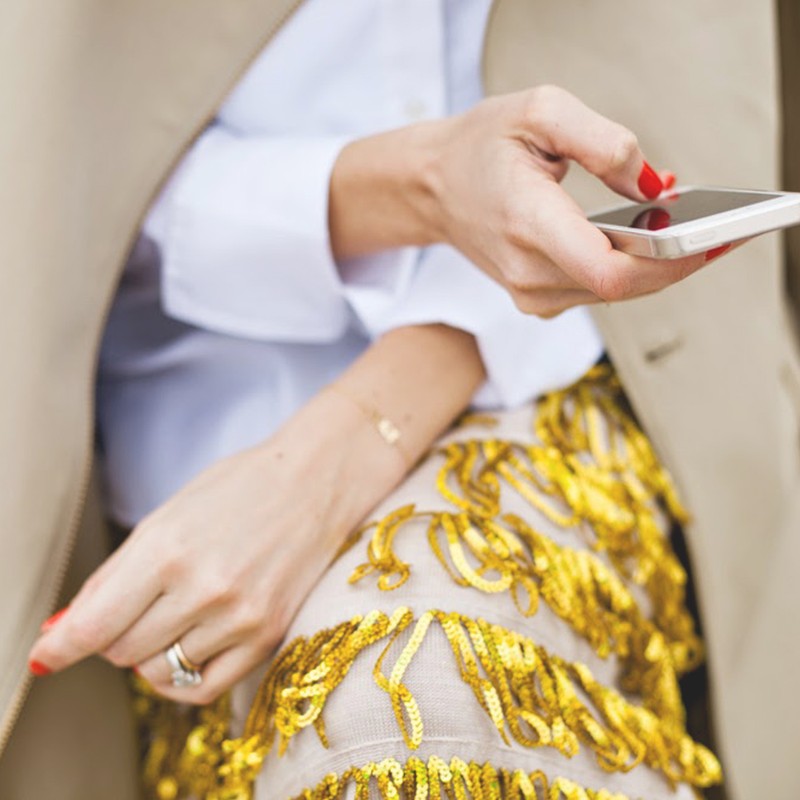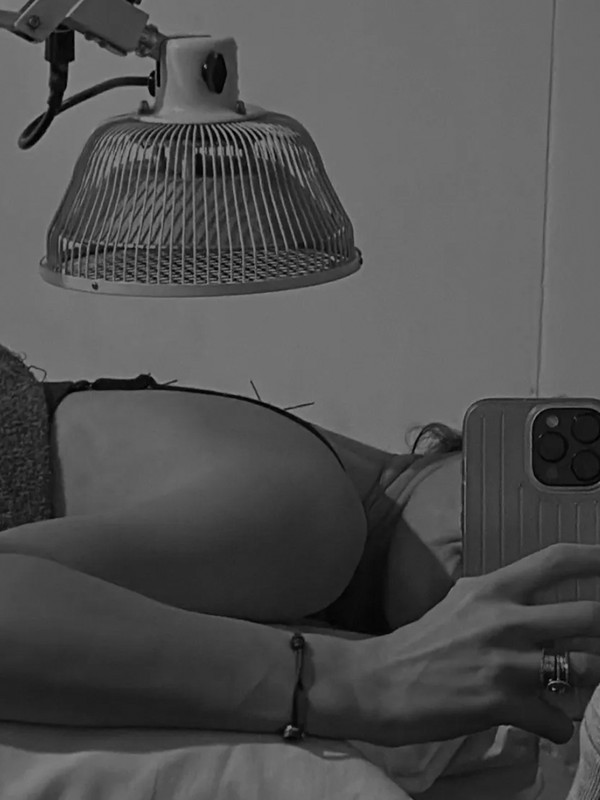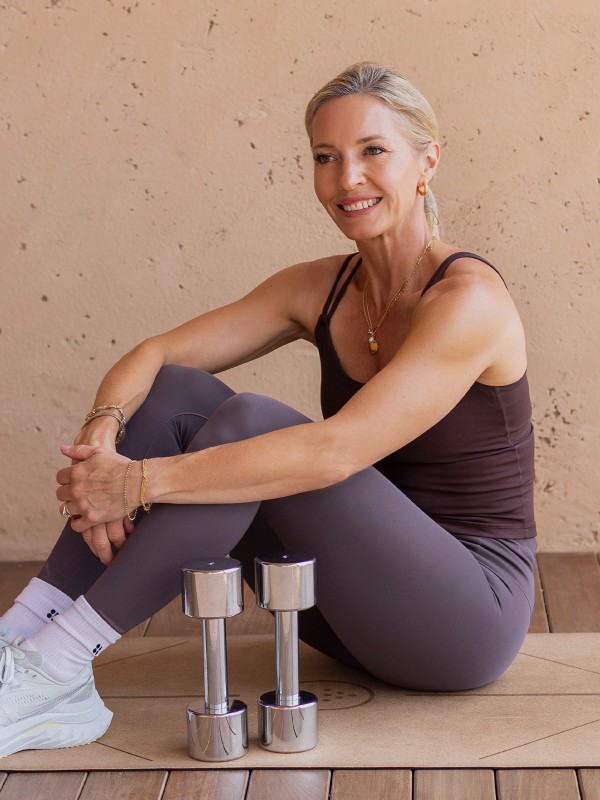Are You A Digital Narcissist?
Social media allows us to express our feelings at all times of the day. Hungry? Sad? Your friends are going to know about it. These platforms let us tack our opinions on to someone else’s, even when they didn’t ask for it. YouTube has made us all stars of our own television shows; Twitter made us unqualified experts at everything; and Instagram created amateur photographers and models of us all. Facebook even ensures you can live on after you’re dead; your inane posts immortalised in a digital tomb filled with blurry university pictures and Farmville scores.
The problem is, it’s made us all rather obsessed with ourselves. We’re perpetually shouting into our own little echo chambers, and we’re always right. While social media doesn’t have the ability to create narcissists – not yet, anyway – San Diego State University psychologist Jean Twenge says it does enable narcissistic traits in ordinary people. . For example, Twenge says digital narcissists can be very unrealistic – the fact that if you have a thought you want to share, you can just choose your platform and an audience is there to read it, makes us too focused on ourselves, giving us an “outsized vision of our own influence”.
University of London’s Professor of Business Psychology, Tomas Chamorro-Premuzic, says the real problem with digital narcissism is that it “puts enormous pressure on people to achieve unfeasible goals, without making them hungrier”. Essentially, people have aspirations to be the new Selena Gomez or Beyoncé without wanting to put in the hard work to achieve it. Reality TV kicked off this trend, and social media has taken the baton. The rise of the Insta-famous has made onlookers think that their breed of fame is an easy one to grasp.
Perhaps unsurprisingly, narcissism is on the rise has been on the rise for a long time, way before before the birth of social media, but levels have risen significantly since its emergence. Social media is like a drug to narcissists – the more narcissistic you are, the more you use social media. In fact, studies seem to show a correlation between narcissism and the number of friends, followers, selfies and status updates, as narcissistic people are far more likely to use their social accounts to broadcast their life and portray an unrealistic, but desirable, self-image to their audience.
This isn’t to say all avid social media users are narcissistic – there is, after all, nothing wrong with seeking the approval of others, says Director of the Media Psychology Research Centre in California, Dr Pamela Rutledge. “Seeking social validation is a normal biological response to social interaction,” she explained. “The only time when seeking approval is problematic is when you rely on external approval for internal value. For people with low self-esteem who try to fill their own sense of self-regard from others, social media can amplify this need with unsatisfactory results, since other people can’t make us love ourselves. We have to do that.”
While caring what others think of us can be detrimental to having a healthy sense of self, when our social media addiction goes too far, that need for approval can turn into a relentless pursuit of status. So how do you know if you’re a fully-fledged digital narcissist, or just a standard social media user? If you’ve ever ended up three months deep into your own feed on Instagram, that might give you a clue.
DISCLAIMER: We endeavour to always credit the correct original source of every image we use. If you think a credit may be incorrect, please contact us at info@sheerluxe.com.






